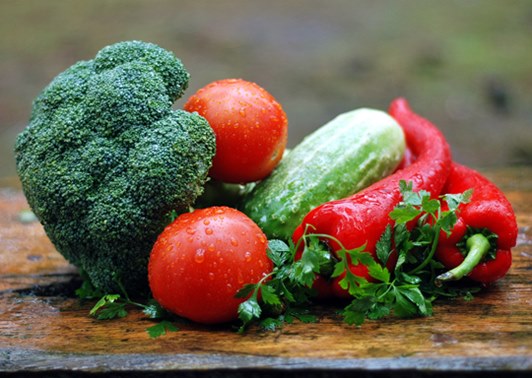Valencia hosts the first national meeting on carotenoids organized by CaRed
- Central administration. ADEIT foundation
- October 27th, 2017

Carotenoids are responsible for the vast majority of the yellow, orange or red colors present in plant foods, and also the orange colors of various animal foods. In addition, carotenoids may play a role as antioxidants in the protection of the body so everything points to the presence in the diet of foods with high carotenoid content has preventive effects against certain diseases. Research in this field of biotechnology justifies the first National Meeting on Carotenoids in Microorganisms, Plants, Food and Health'.
This congress will be held in Valencia on 16 and 17 November this year. Its objective is to establish a national meeting of specialists and interested in carotenoids, from the academic and research sectors, as well as from the clinical and nutritional worlds, as well as the industrial, business and commercial sectors.
"The meeting will be held in Valencia, the year that has been nominated as World Food Capital," they point out from the direction of the event. This meeting was born with the purpose of opening and extending the activities of the Spanish Network of Carotenoids, called CaRed, to all sectors, and to be a forum to know the activities of the different national research groups in this area, the latest developments and scientific advances, the needs of the industrial sector and the demands of the consumers, as well as to establish contacts and discussions to promote future collaborations and exchanges.
The congress will address the result of different oxidation reactions that in all cases lose color. As explained by the conference, "the presence of large numbers of double bonds makes the carotenoids very sensitive to oxidation, especially in reactions of photooxidation with singlet oxygen. They also oxidize in the presence of lipoxygenase, but not directly, but by reaction with the hydroperoxides".
CaRed, born last year.
At the beginning of 2016, CaRed was created within the framework of the 'Networks of Excellence' financed by the Ministry of Economy and Competitiveness (BIO2015-71703-REDT), composed of 10 national groups working on different lines of research related to carotenoids. This congress emerges from the contacts and collaborations that began among researchers of several groups participating in other similar initiatives with the aim of enhancing the integration and coordination of spanish research related to carotenoids. CaRed integrates groups that together cover the main aspects of carotenoid research, from the metabolism and its regulation in plants and microorganisms, to biotechnological production and manipulation, functional modification, methodologies of analysis and purification, evaluation of bioaccessibility and bioavailability in food, and its effects on human health.













